Bob Dylan - Tempest (2012)
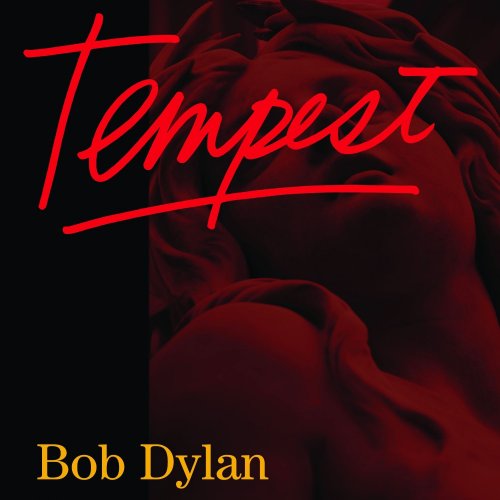
Artist: Bob Dylan
Title: Tempest
Year Of Release: 2012
Label: Columbia / Sony Music
Genre: Folk Rock, Singer/Songwriter
Quality: 320 / FLAC (tracks+.cue,log scans)
Total Time: 1:08:32
Total Size: 158 / 392 Mb
WebSite: Album Preview
Tracklist: Title: Tempest
Year Of Release: 2012
Label: Columbia / Sony Music
Genre: Folk Rock, Singer/Songwriter
Quality: 320 / FLAC (tracks+.cue,log scans)
Total Time: 1:08:32
Total Size: 158 / 392 Mb
WebSite: Album Preview
01. Duquesne Whistle (5:44)
02. Soon After Midnight (3:28)
03. Narrow Way (7:28)
04. Long And Wasted Years (3:47)
05. Pay In Blood (5:10)
06. Scarlet Town (7:17)
07. Early Roman Kings (5:14)
08. Tin Angel (9:05)
09. Tempest (13:55)
10. Roll On John (7:26)
Bob Dylan‘s 35th album begins with a train whistle exploding in his mind. He sees an old oak tree he used to climb and imagines a woman smiling through a fence. He hears the voice of “the mother of our Lord” – and still, that whistle, screaming “like the sky’s gonna blow apart.” It’s astonishing, ” Duquesne Whistle” suggests, how much can be channeled through a simple sound.
That notion defines Dylan’s career, and especially his output of the past decade – music built from traditional forms and drawing on eternal themes: love, struggle, death. With its jazzy, pre-rock groove, “Duquesne Whistle” could be from any of Dylan’s last three albums, 2001’s Love and Theft, 2006’s Modern Times or 2009’s Together Through Life. But then the song ends, Dylan gets off the train and soon one of his weirdest albums ever truly starts. Tempest is musically varied and full of curveballs. It may also be the single darkest record in Dylan’s catalog.
The body count alone distinguishes it, with songs about the Titanic disaster (“Tempest”), a three-way murder-suicide (“Tin Angel”) and the assassination of his old acquaintance John Lennon (“Roll On, John”). “Pay in Blood” is a portrait of raging evil delivered in snarling vocals – Dylan is so close-miked you can practically hear the phlegm rattle. “Early Roman Kings,” with David Hidalgo’s cantina-blues accordion, conjures “lecherous and treacherous” despots “in their sharkskin suits.”
Lyrically, Dylan is at the top of his game, joking around, dropping wordplay and allegories that evade pat readings and quoting other folks’ words like a freestyle rapper on fire. “Narrow Way” is one of Dylan’s most potent rockers in years, and it borrows a chorus from the Mississippi Sheiks’ 1934 blues “You’ll Work Down to Me Someday.” “Scarlet Town” draws on verses by 19th-century Quaker poet and abolitionist John Greenleaf Whittier; and allusions to Louis Armstrong and the Isley Brothers pop up elsewhere.
The two most powerful cuts here are rooted in fact. At nearly 14 minutes, “Tempest” is epic – 45 verses (with no chorus) about the sinking of the Titanic, set to an Irish melody with accordion and fiddle. Historical accuracy is beyond the point; the reference to Leonardo DiCaprio feels truer to folk tradition than his absence would be. Meanwhile, the scenes are horrifying: passengers plunging into icy waters; “Dead bodies already floating/In the double-bottomed hull”; some men turning murderous; another offering his lifeboat seat to a crippled child. The metaphor is inescapable: a seemingly unsinkable behemoth going down amid small acts of bravery that change little, rich and poor doomed equally.
“Roll On, John,” the closing song, was written for a man who wrestled with the oppressiveness of fame and deification as much as Dylan has. “I heard the news today, oh, boy,” he sings, referencing Lennon’s murder and a Beatles lyric in a voice that throbs with survivor’s guilt. It’s a prayer from one great artist to another, and a reminder that Dylan now stands virtually alone among his 1960s peers. His own final act, meanwhile, rolls on. It’s a thing to behold.
That notion defines Dylan’s career, and especially his output of the past decade – music built from traditional forms and drawing on eternal themes: love, struggle, death. With its jazzy, pre-rock groove, “Duquesne Whistle” could be from any of Dylan’s last three albums, 2001’s Love and Theft, 2006’s Modern Times or 2009’s Together Through Life. But then the song ends, Dylan gets off the train and soon one of his weirdest albums ever truly starts. Tempest is musically varied and full of curveballs. It may also be the single darkest record in Dylan’s catalog.
The body count alone distinguishes it, with songs about the Titanic disaster (“Tempest”), a three-way murder-suicide (“Tin Angel”) and the assassination of his old acquaintance John Lennon (“Roll On, John”). “Pay in Blood” is a portrait of raging evil delivered in snarling vocals – Dylan is so close-miked you can practically hear the phlegm rattle. “Early Roman Kings,” with David Hidalgo’s cantina-blues accordion, conjures “lecherous and treacherous” despots “in their sharkskin suits.”
Lyrically, Dylan is at the top of his game, joking around, dropping wordplay and allegories that evade pat readings and quoting other folks’ words like a freestyle rapper on fire. “Narrow Way” is one of Dylan’s most potent rockers in years, and it borrows a chorus from the Mississippi Sheiks’ 1934 blues “You’ll Work Down to Me Someday.” “Scarlet Town” draws on verses by 19th-century Quaker poet and abolitionist John Greenleaf Whittier; and allusions to Louis Armstrong and the Isley Brothers pop up elsewhere.
The two most powerful cuts here are rooted in fact. At nearly 14 minutes, “Tempest” is epic – 45 verses (with no chorus) about the sinking of the Titanic, set to an Irish melody with accordion and fiddle. Historical accuracy is beyond the point; the reference to Leonardo DiCaprio feels truer to folk tradition than his absence would be. Meanwhile, the scenes are horrifying: passengers plunging into icy waters; “Dead bodies already floating/In the double-bottomed hull”; some men turning murderous; another offering his lifeboat seat to a crippled child. The metaphor is inescapable: a seemingly unsinkable behemoth going down amid small acts of bravery that change little, rich and poor doomed equally.
“Roll On, John,” the closing song, was written for a man who wrestled with the oppressiveness of fame and deification as much as Dylan has. “I heard the news today, oh, boy,” he sings, referencing Lennon’s murder and a Beatles lyric in a voice that throbs with survivor’s guilt. It’s a prayer from one great artist to another, and a reminder that Dylan now stands virtually alone among his 1960s peers. His own final act, meanwhile, rolls on. It’s a thing to behold.
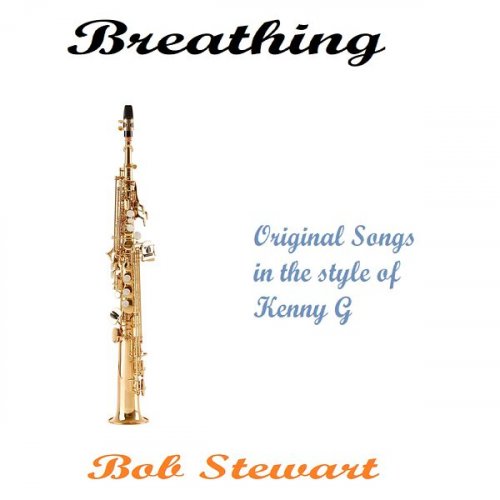
![Eero Koivistoinen - For Children (1970) [2006] Eero Koivistoinen - For Children (1970) [2006]](https://www.dibpic.com/uploads/posts/2026-02/1771615516_ff.jpg)
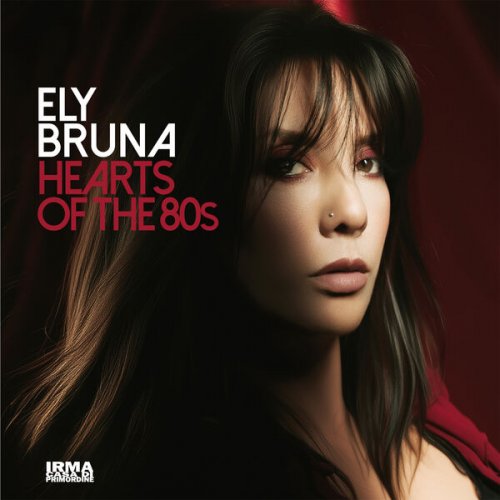
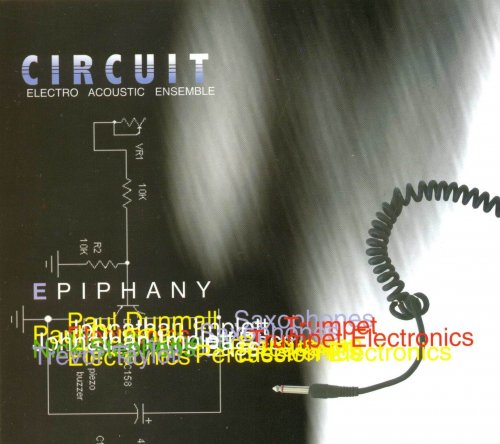
![Jeremy Pelt - Our Community Will Not Be Erased (2026) [Hi-Res] Jeremy Pelt - Our Community Will Not Be Erased (2026) [Hi-Res]](https://www.dibpic.com/uploads/posts/2026-02/1771945030_folder.jpg)
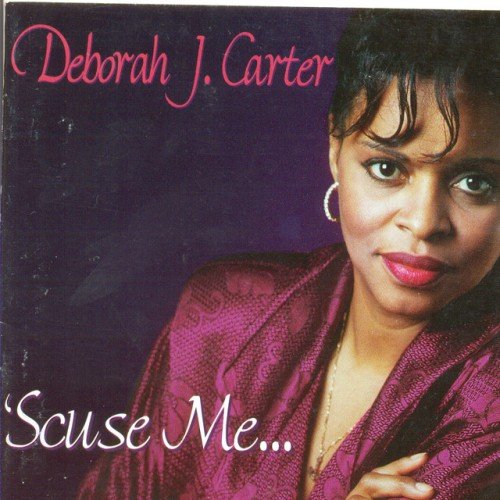
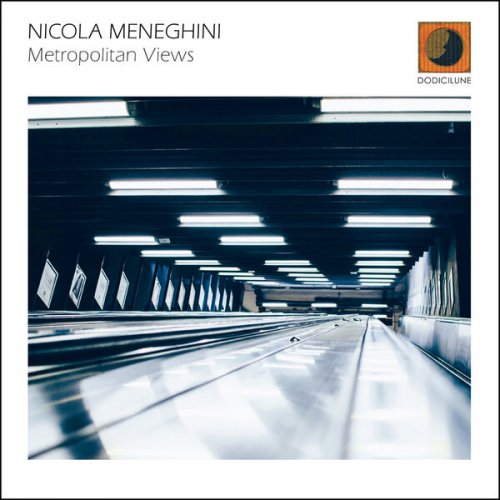

![Moonchild - Waves (2026) [Hi-Res] Moonchild - Waves (2026) [Hi-Res]](https://www.dibpic.com/uploads/posts/2026-02/1771498123_a3922124048_10.jpg)